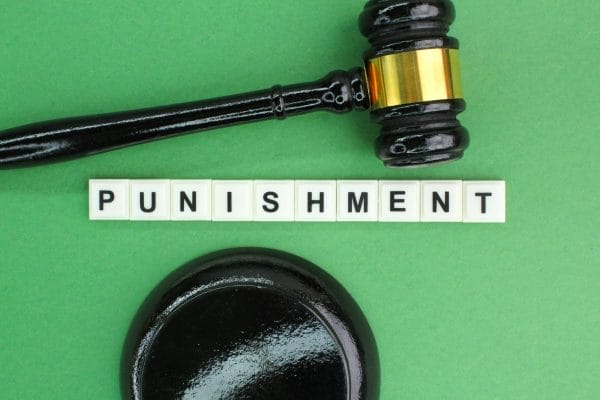How to Recognize Authoritarian Parenting
Parenting styles are diverse, with each approach offering a unique set of guidelines, strategies, and outcomes. Among these, authoritarian parenting stands out for its strict approach, emphasizing obedience, discipline, and a clear hierarchy within the family structure.
This article delves into the characteristics, effects, and examples of authoritarian parenting, providing readers with a comprehensive understanding of how to recognize this parenting style.

Understanding Authoritarian Parenting
![]()
Authoritarian parenting is characterized by high demands and low responsiveness. Parents who adopt this style expect their children to follow strict rules and usually fail to explain the reasoning behind these rules. When children ask, “Why?” the answer is often, “Because I said so.” This approach does not encourage open dialogue between parents and children, leading to a one-sided communication dynamic.
Key Characteristics of Authoritarian Parenting
Recognizing authoritarian parenting involves understanding its core characteristics:
- Strict Rules and Expectations: Authoritarian parents set rigid rules and expect their children to follow them without question.
- Lack of Warmth and Nurturing: While they provide for their children’s basic needs, authoritarian parents may not be emotionally responsive or affectionate.
- High Value on Discipline: Discipline is often punitive, with consequences that may not relate to the child’s behavior.
- Unilateral Communication: Communication flows one way, with little to no input from the child.
Effects of Authoritarian Parenting on Children
The impact of authoritarian parenting on children can be profound, with both short-term and long-term effects:
- Behavioral Problems: Children raised by authoritarian parents might exhibit more behavioral issues due to the pressure to conform and fear of punishment.
- Lack of Social Skills: These children might struggle with social interaction as they are not encouraged to express themselves freely.
- Low Self-esteem: Constant criticism and lack of support can lead to diminished self-confidence and self-worth.
- Academic Pressure: Authoritarian parenting often places a high emphasis on success, particularly academic, which can lead to stress and anxiety in children.
How to Recognize Authoritarian Parenting
![]()
Identifying authoritarian parenting involves observing the interactions between parents and children, focusing on communication styles, disciplinary strategies, and the overall emotional climate of the household. Here are some signs:
- Parents make all decisions with little to no input from their children.
- Children appear anxious or fearful around their parents.
- Parents frequently use punitive discipline (e.g., yelling, harsh punishments).
- The household lacks warmth and spontaneity; everything seems controlled and orderly.
- Children rarely engage in free play or activities that are not pre-approved by their parents.
Examples and Case Studies
Let’s consider a few hypothetical scenarios that illustrate authoritarian parenting:
- Case Study 1: Sarah, a 10-year-old, is not allowed to watch TV or play outside until she completes all her homework and chores. Her parents do not negotiate these rules or explain why they are in place. When Sarah asks for more time to play, her request is denied without discussion.
- Case Study 2: John, a 7-year-old, is reprimanded for getting a B on his report card. His parents express disappointment and impose extra study hours, disregarding his effort and improvement.
- Case Study 3: Emily, a 15-year-old, is caught chatting online with her friends past the allowed time. Her parents confiscate her phone for a month as punishment, without considering her explanation or circumstances.
These examples showcase the rigidity and lack of empathy often present in authoritarian parenting. The focus is on obedience and discipline, rather than understanding and guidance.
Statistics and Research Findings
Research has consistently shown that authoritarian parenting can lead to various negative outcomes for children. For instance, a study published in the “Journal of Child and Family Studies” found that children raised by authoritarian parents were more likely to experience social and academic problems compared to their peers. Additionally, a report from the American Psychological Association highlighted the link between authoritarian parenting and increased levels of anxiety and depression in children.
Conclusion
![]()
In summary, authoritarian parenting is marked by strict rules, high expectations, and a lack of warmth and nurturing. Recognizing this parenting style involves observing the dynamics between parents and children, looking for signs of control, punitive discipline, and unilateral communication. While it may provide a structured environment, the negative impacts on children’s emotional well-being, social skills, and self-esteem cannot be overlooked. It’s crucial for parents to strive for a balance, incorporating firmness with warmth and open communication, to foster a healthy, supportive, and nurturing family environment.
Understanding and identifying authoritarian parenting is the first step towards adopting more positive parenting practices that encourage children’s independence, self-expression, and emotional growth.




